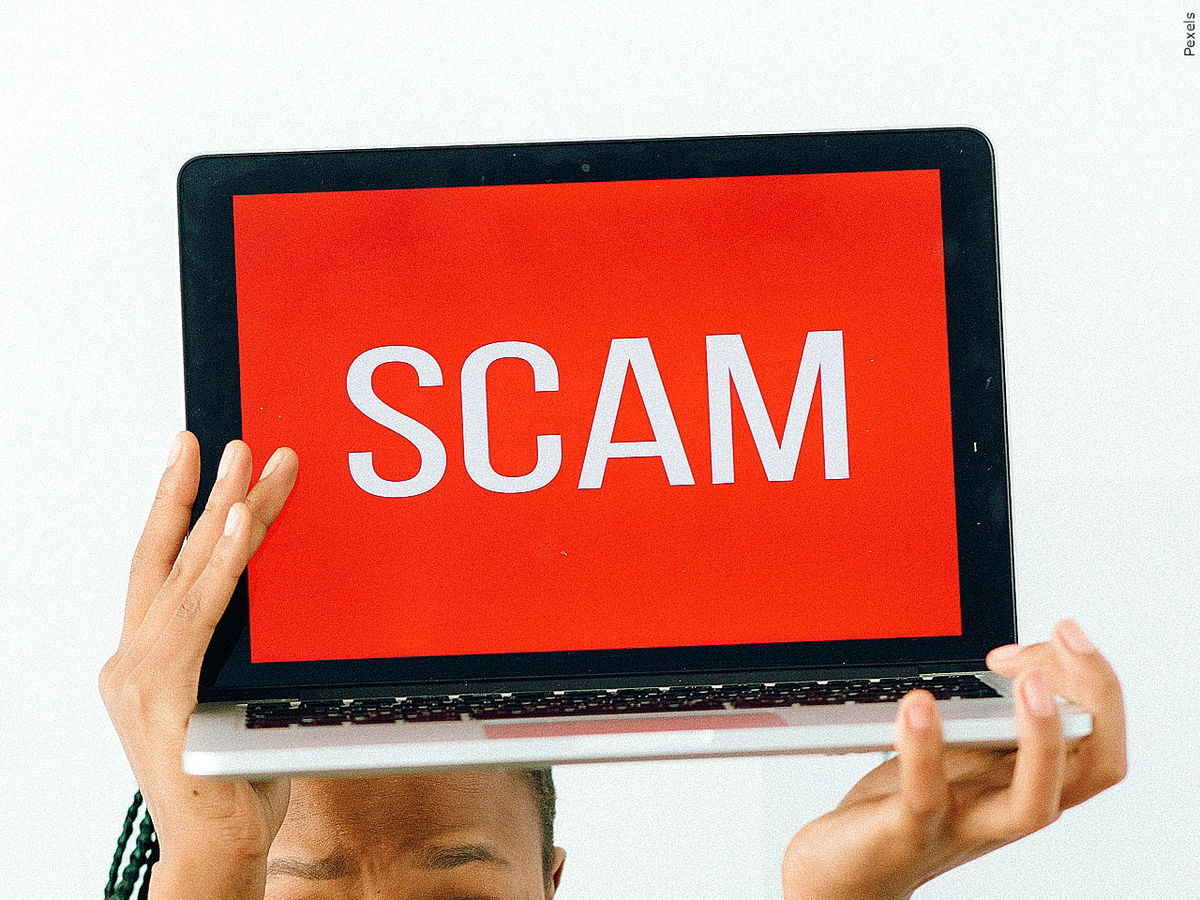Wednesday is Utility Scam Awareness Day

CENTRAL COAST REGION, Calif. – Wednesday, Nov. 15 is Utility Scam Awareness Day and although it might not be on your mind, scammers know that when people are distracted, they are vulnerable.
In fact, Pacific Gas and Electric Company (PG&E) detail that there have been over 37,000 reports this year to date with an estimated $700,000 in customer losses, and in the Central Coast region alone, more than 70 customers have reported being targeted by scammers since June.
“Scammers are opportunistic and will exploit times when people are busier than normal and potentially stressed, and they do not take the holidays off. Stress and distraction create a window of opportunity where people are also more likely to fall victim to a scam,” said Matt Foley, lead scam investigator for PG&E. “Remember, PG&E will not contact you for the first time within one hour of service disconnection, and we will NEVER request payment by a pre-paid debit card or via online payment services like Zelle or Venmo.”
Scammers have adapted their schemes to include exploiting search engines, such as Google, by creating fake utility payment pages. Payment webpages are listed on your bill.
“Utility impostor scammers continue to grow more sophisticated in their tactics. Increasingly, we are seeing scammers use digital methods that target both younger and older generations. We encourage customers to stop and verify any unusual utility company requests before making a payment, regardless of whether the customer is contacted via phone, internet, or in person,” said Utilities United Against Scams Executive Director Monica Martinez.
Here are som signs of a potential scam:
- Threat to disconnect: Scammers may demand immediate payment for an alleged past-due bill
- Request for immediate payment: Scammers may tell customers to purchase a prepaid card then call them back supposedly to make a bill payment
- Request for prepaid card: When a customer calls back, the scammer asks the customer for the prepaid card’s number, which grants the scammer instant access to the card’s funds
- Refund or rebate offers: Scammers may say that your utility company overbilled you and owes you a refund, or that you are entitled to a rebate
- Text-based Scams: Scammers are sending barcodes to gain access to your information. Most utility companies will not text you unless you have signed up for a specific notification service or for emergency notifications
- Email-based Scams: Some scammers send spam emails disguised as legitimate utility company emails with fake email addresses, logos, trademarks, website links and wording to add to the deception
More tips and information can be found here.
So what can you do if you find yourself the target of a scam? First things first, contact local law enforcement and report the crime. The Federal Trade Commission has a fraud reporting webpage that you can use to protect your money as well as your neighbors.
Additionally, you can contact your utility company directly about the incident. Here is PG&E's page for reporting scammers and here is Southern California Edison's scam alert page.
